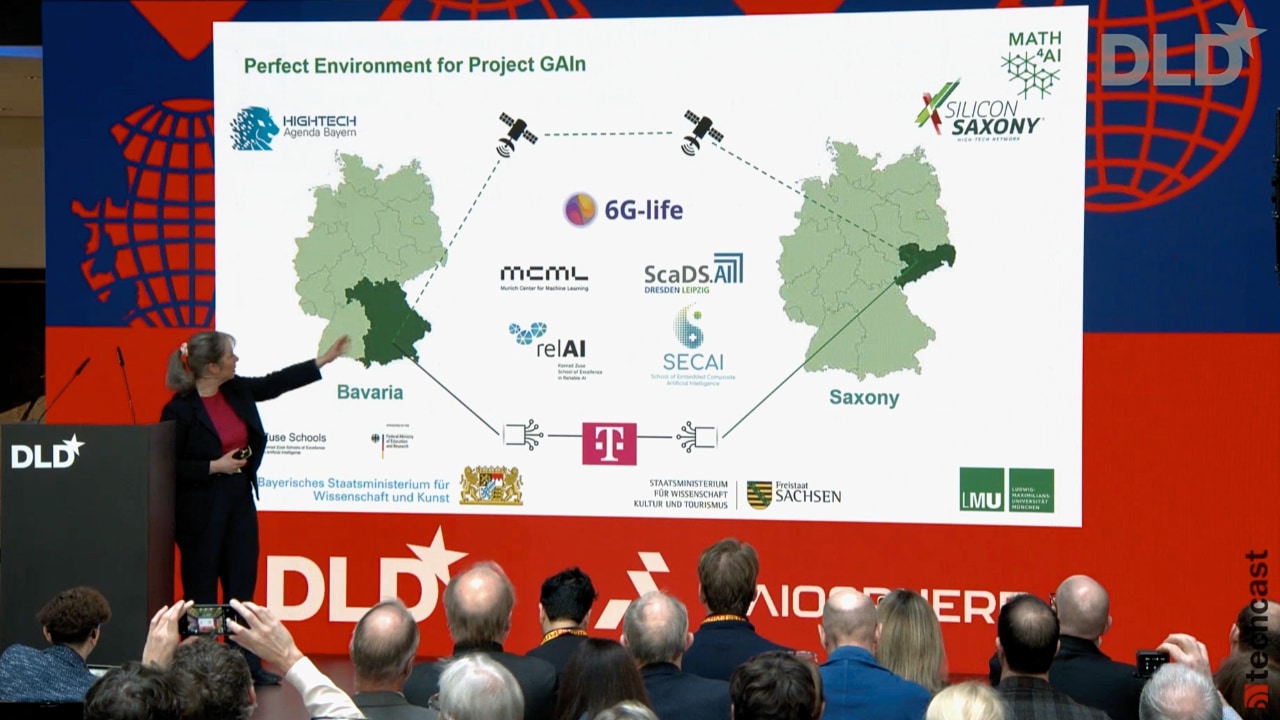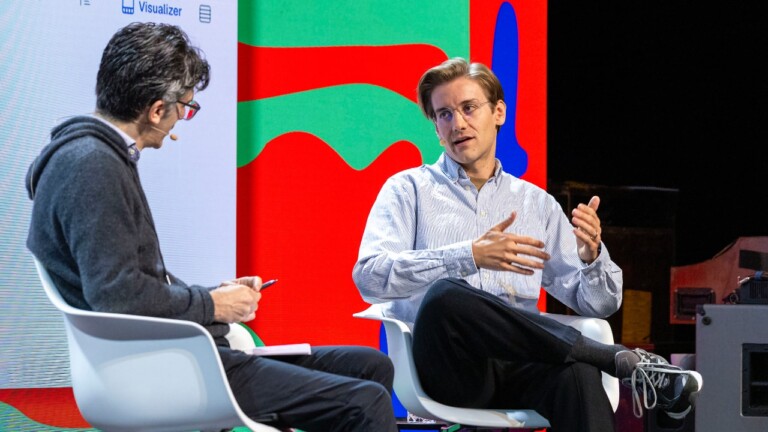LMU Professor Gitta Kutyniok explores critical challenges and innovations in AI computing, emphasizing the need to redesign hardware for better energy efficiency to ensure a sustainable future for artificial intelligence.
Currently, with the rise of Large Language Models like ChatGPT, “we talk mainly about software”, she observes.
But this is just one half of the equation. “If we want to carry AI into the future”, Kutyniok says, “in particular in a sustainable manner, then we need to rethink the way we do AI computing.”
Kutyniok presents alarming data showing that current AI systems’ energy demands could soon exceed global energy production – a major reason why companies like Microsoft and Amazon are turning to nuclear reactors to power their AI data centers. “We have a serious energy problem here”, Kutyniok says.
As a possible solution, the LMU researcher presents the ambitious Next Generation AI Computing project, a collaborative effort between the German states of Bavaria and Saxony.
“The key goals are to develop novel, energy-efficient hard software combinations, also embracing analog computing, which is theory-driven, to do it reliably and also in compliance with legal requirements and then apply it to communication, medicine and robotics”, Kutyniok explains.



